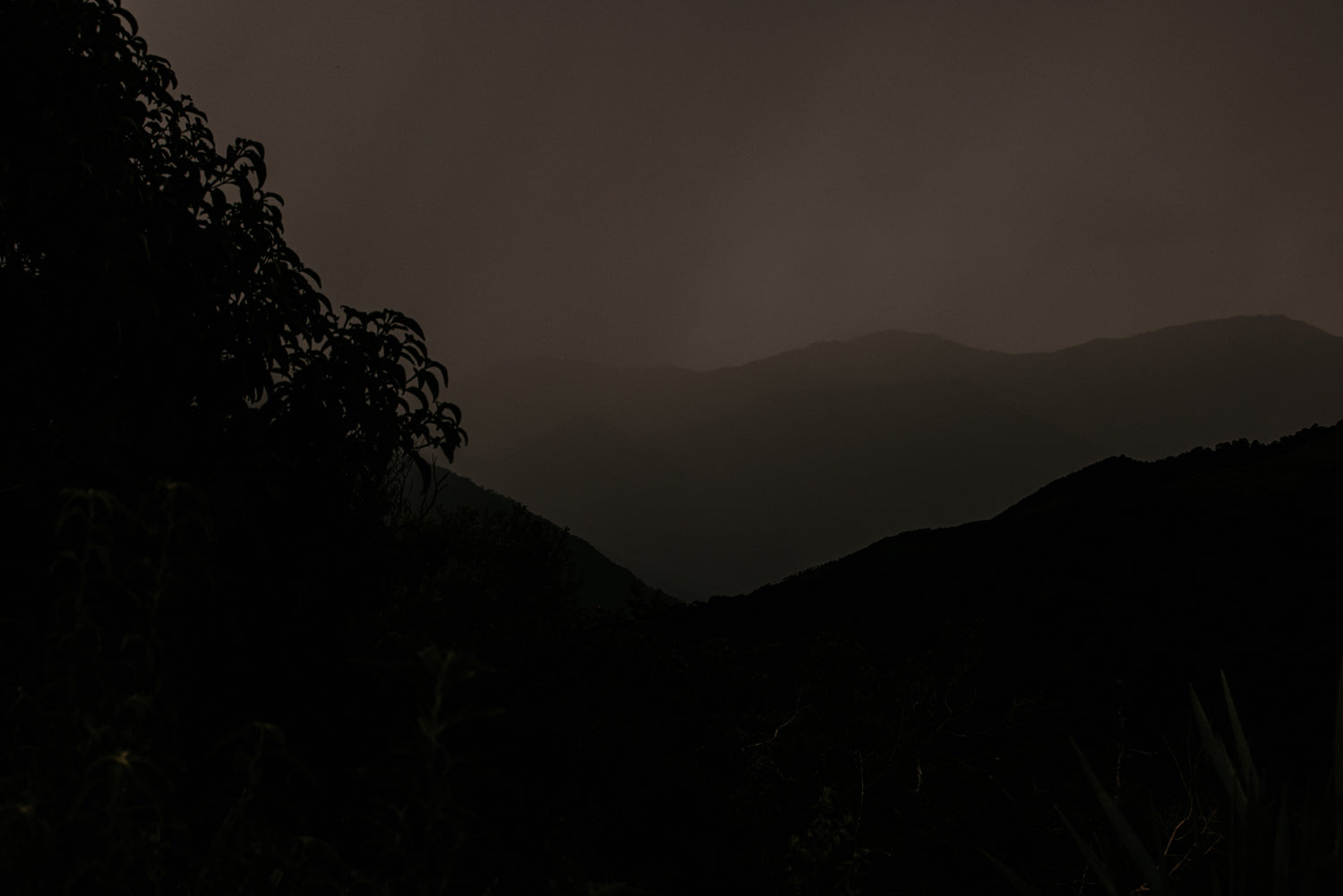Actually…
Tequila is mezcal before it becomes tequila. Are you confused now? We bet you are. Let us explain to give you a better understanding of the difference between mezcal and tequila to finally give mezcal the credit it deserves. A legendary spirit that stands on its own.
So what’s the difference?
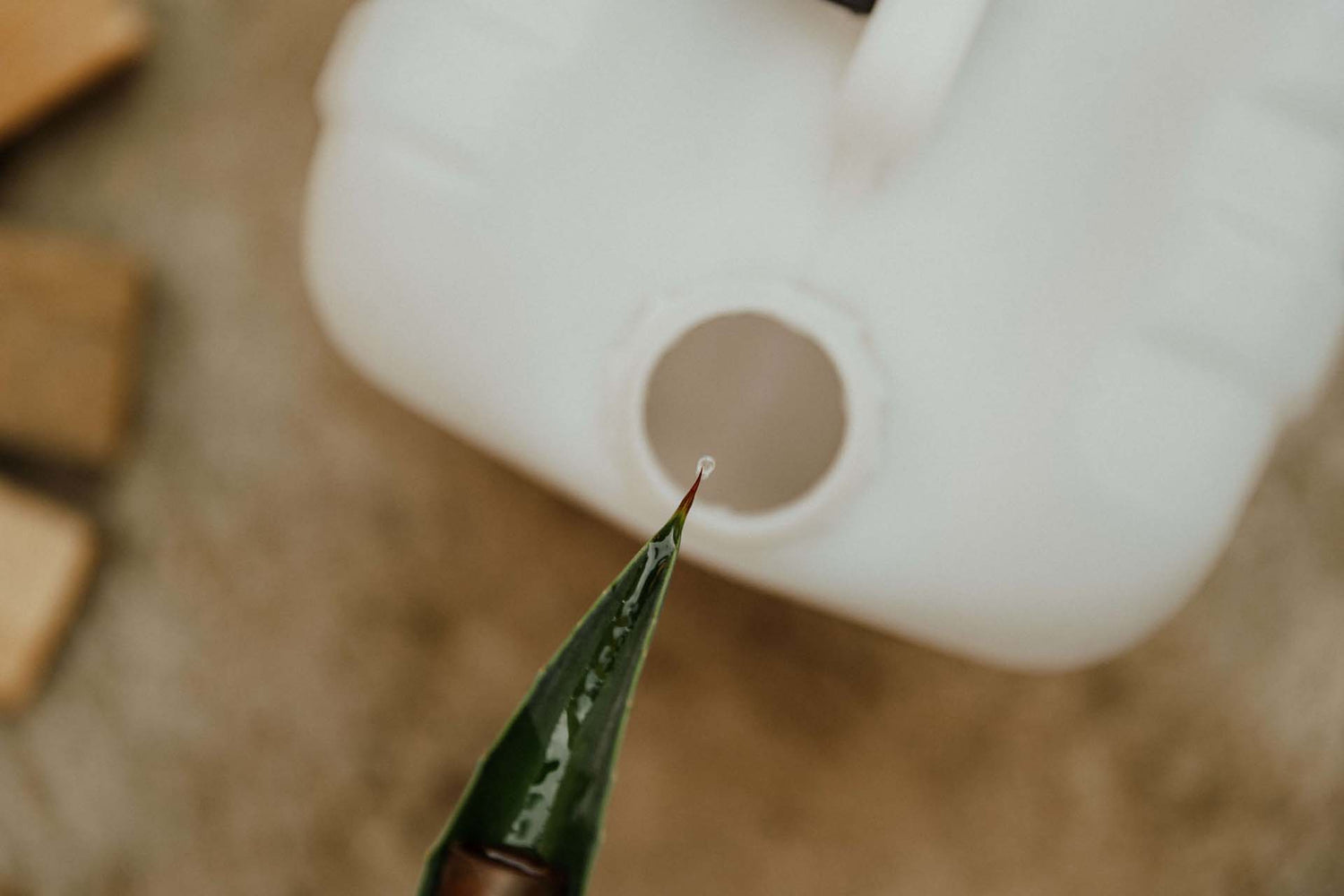
Tequila is mezcal before it becomes tequila. Really?
YES! Any agave based spirit (even blue weber) is called mezcal or in other words, any spirit distilled from agave is called mezcal. Think of it kind of like how bourbon or scotch is a type of whiskey. Get it? While it may sound confusing it’s pretty simple. From that point on, there are a few differences that makes mezcal, mezcal and tequila, tequila.
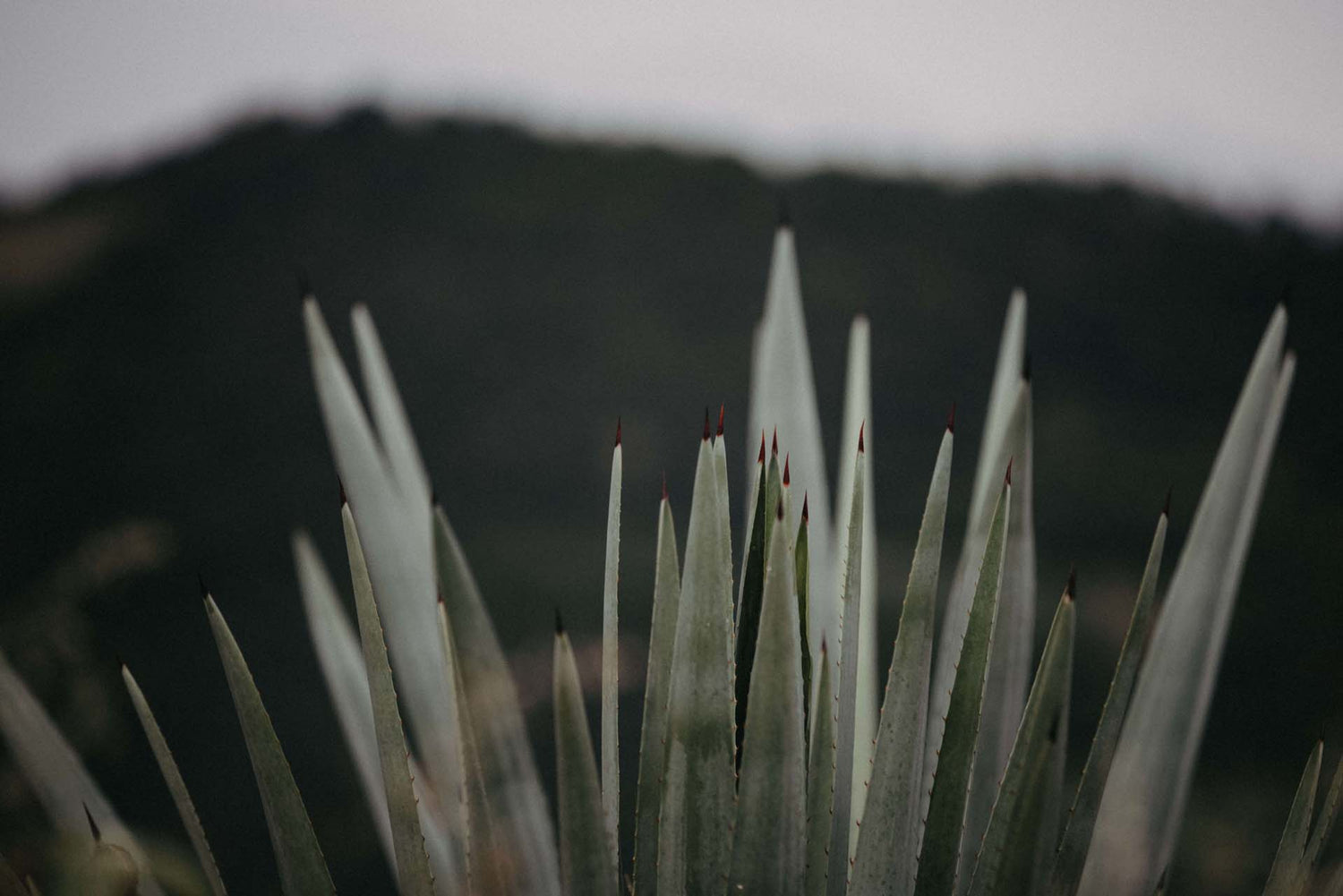
They both come from agave, but…
Mezcal comes from an estimated 50 agave species while tequila only comes from agave tequilana weber aka “blue agave”. This makes for a much wider variety of flavors in mezcal. Similar to grape varietal in wine, each agave varietal carries its own flavor characteristics and takes a specific amount of time to grow until production ready. This can range from 3 to 35 years!
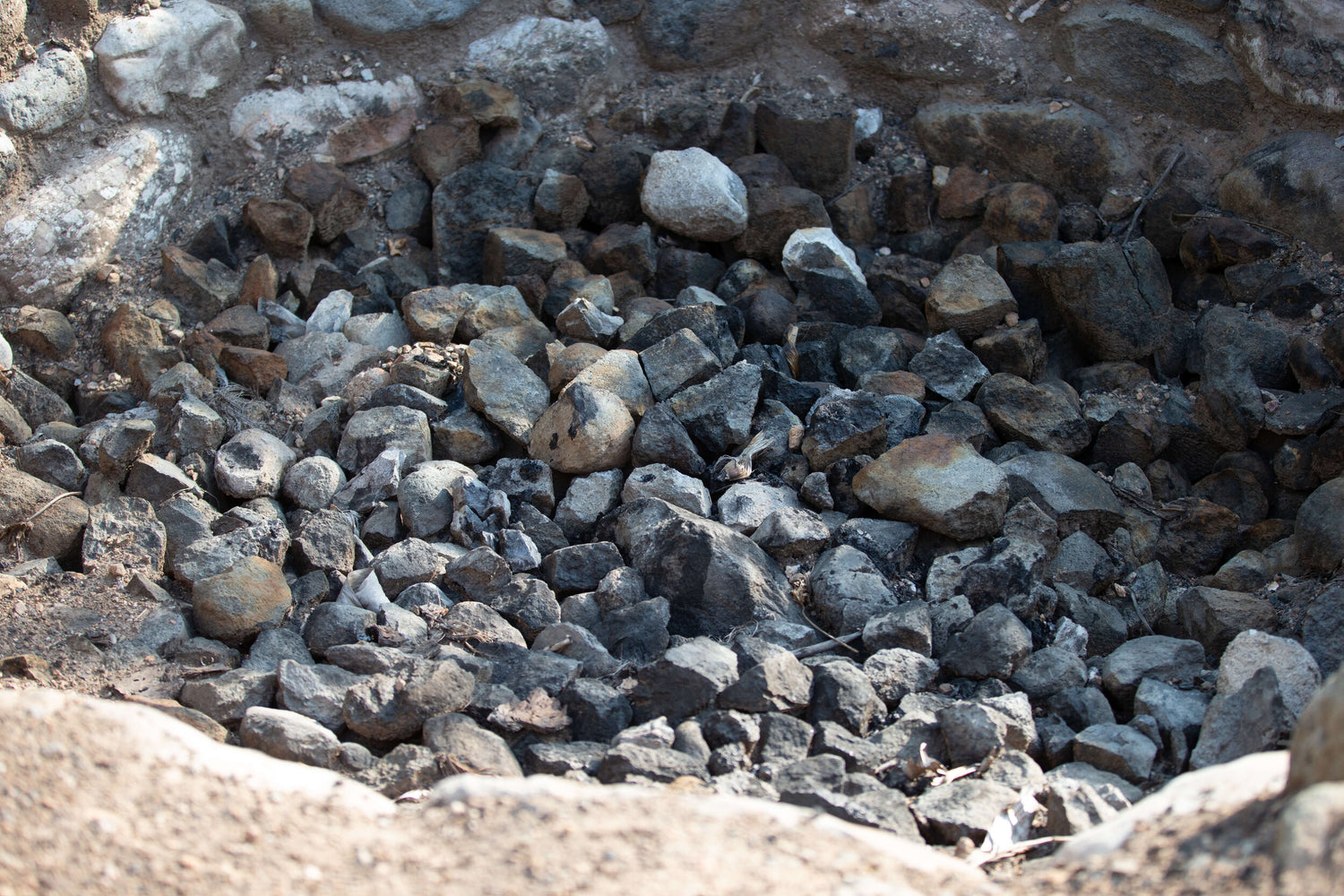
A key difference is how it’s cooked.
One major difference that should be noted is mezcal being cooked in pits or earthen ovens (roasted underground) which gives it its smokey essence while tequila is known to be “steamed” inside ovens. This is why tequila doesn’t carry mezcals smokey characteristic.
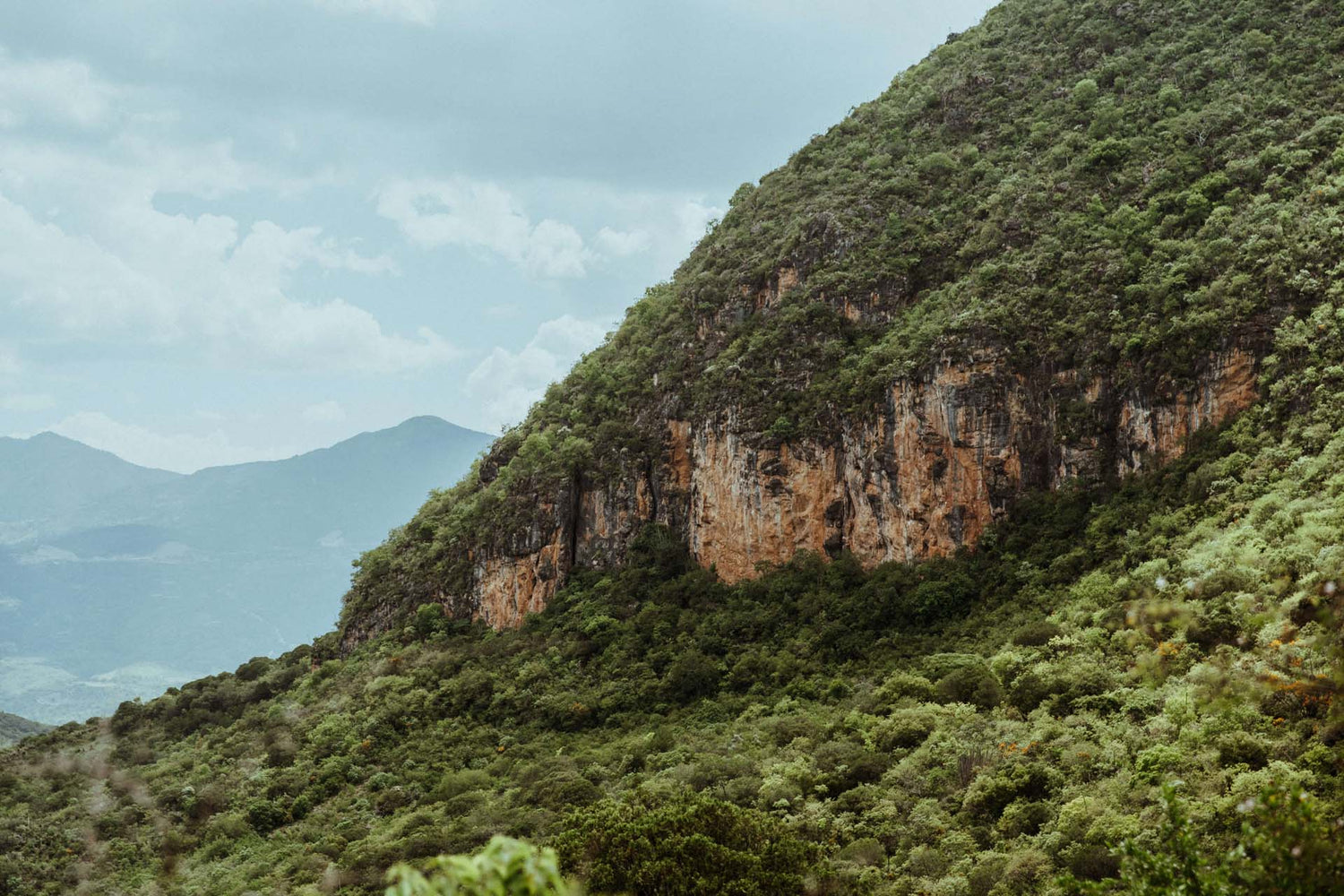
The Appellation of Origin is different.
What does that mean? Essentially, these are areas in Mexico that produce mezcal or tequila. If they are not made in these areas then they can’t be classified as a mezcal or a tequila. Mezcal can only come from the states of Oaxaca, Michoacan, Puebla, Guerrero, Zacatecas, Guanajuato, Tamaulipas, San Luis Potosi, Durango and Sinaloa while tequila can only be produced in the states of Jalisco, Michoacán, Tamaulipas, Nayarit, and Guanajuato.
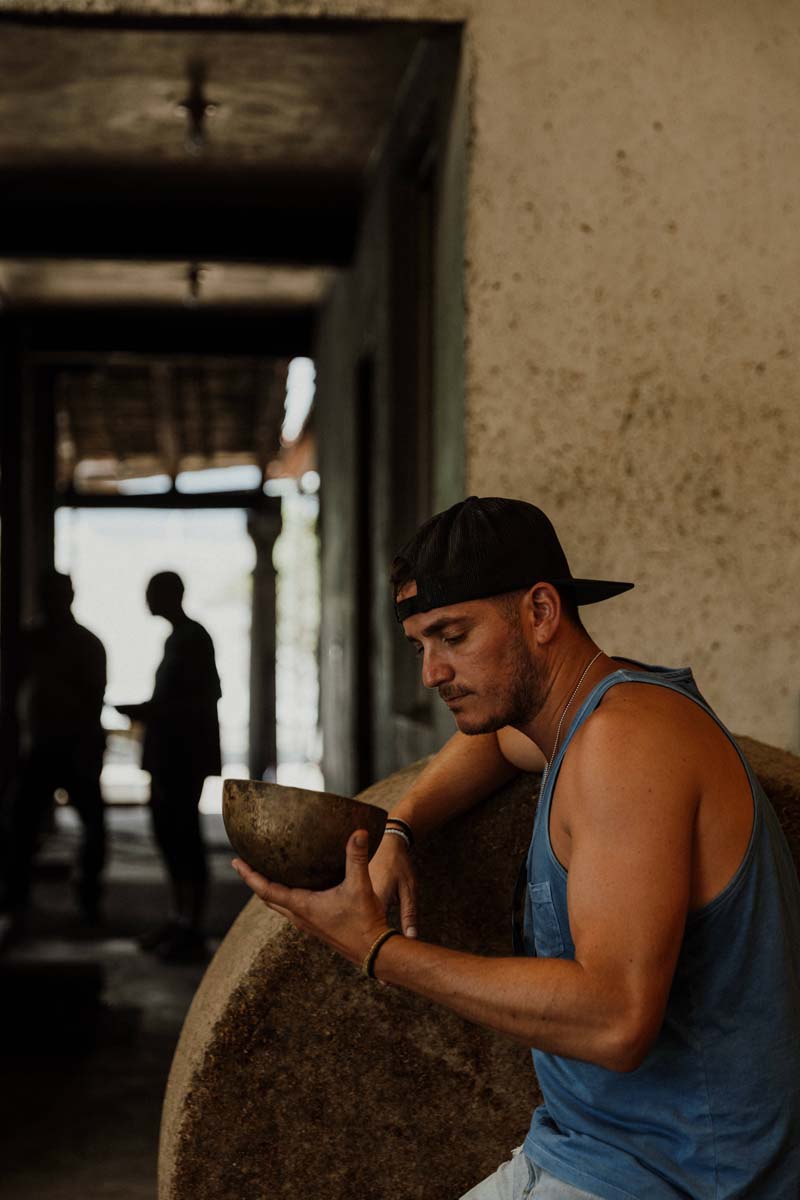
And lastly, the surrounding elements!
With tequila, the blue weber agave is produced as a joven (young) and then aged in barrels to classify it as a reposado, anejo or extra anejo. A blanco tequila is not aged in barrels at all. Generally speaking, this is a major factor in how tequila varies in taste. With Mezcal, several factors affect the taste other than what type of plant it comes from (which is a HUGE factor). This includes but is not limited to; climate, land location, soil, surrounding crops, rivers, agave preparation, fermentation and distillation processes. These elements directly affect the taste in your mezcal. A true mezcal is frowned upon if aged in barrels and is kind of looked at as a joke (yeah, we said it). There is no need to age mezcal in barrels to alter its characteristics given each mezcal produced already carries a full spectrum of unique and dynamic flavors.
Quick note: This is an outline for your basic understanding. The ancient process of making Mezcal is more detailed than you could probably ever imagine with many variables ranging from Mezcalero to Mezcalero. The information listed is based on our experiences with producing mezcal in Oaxaca.

